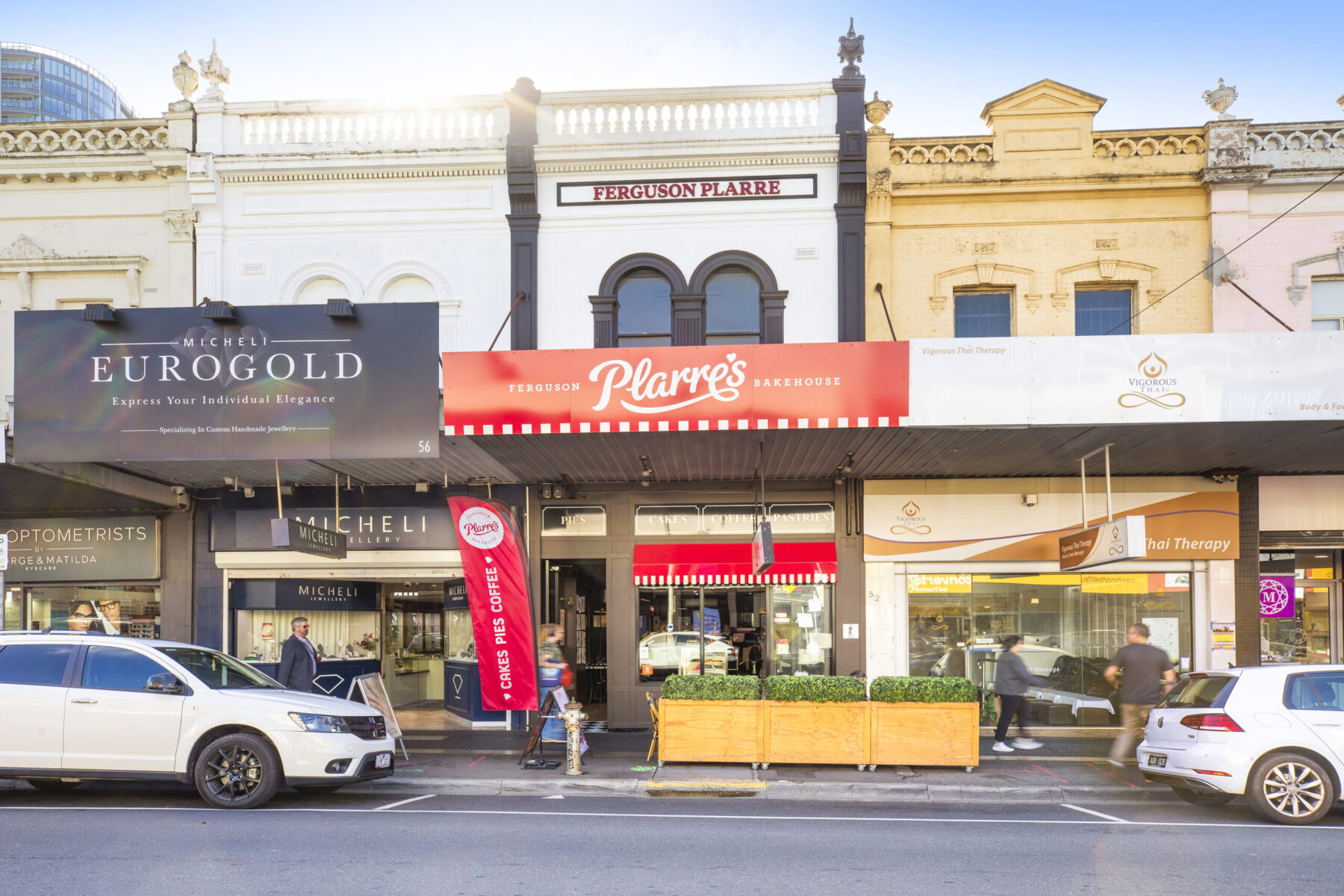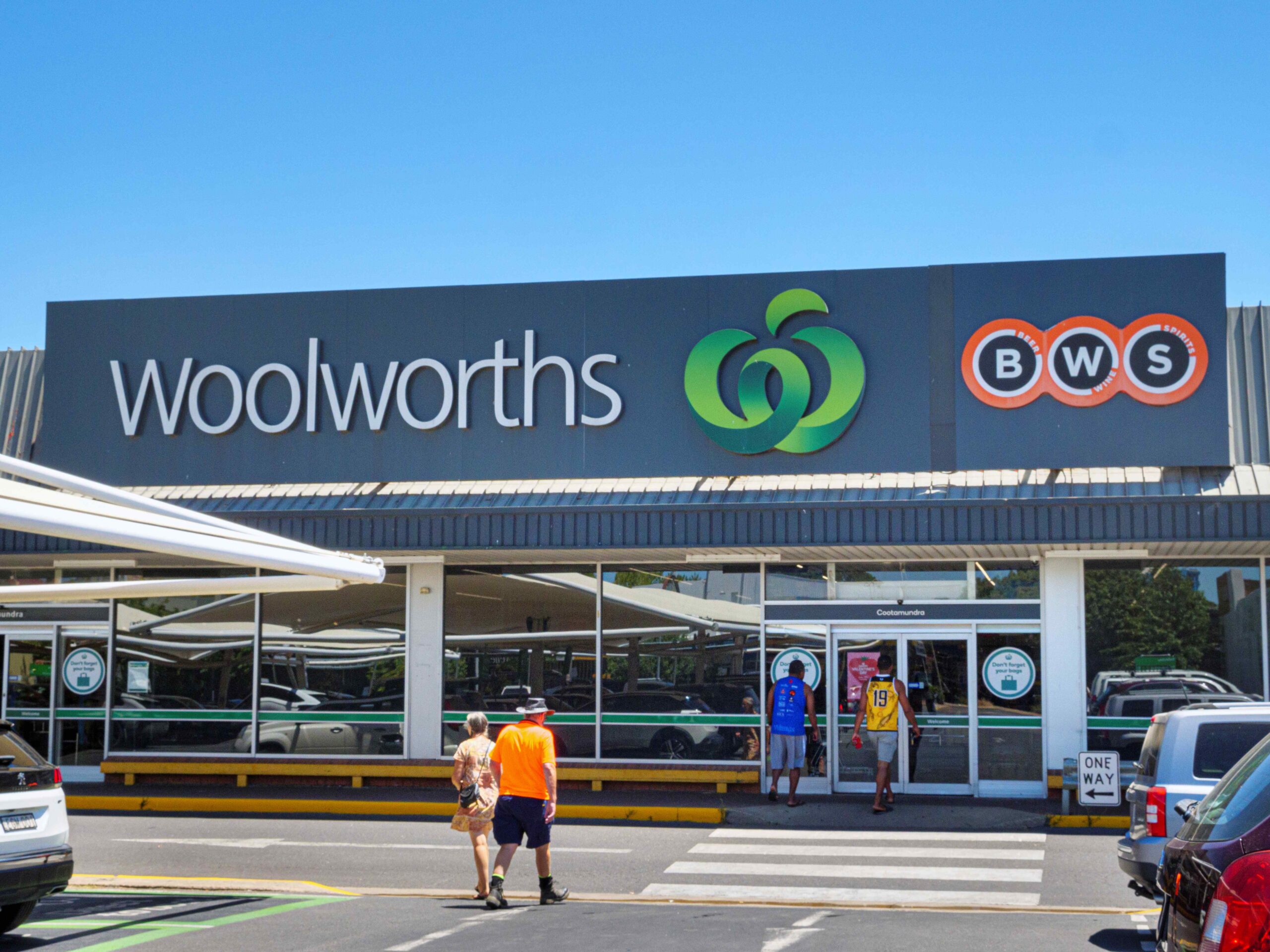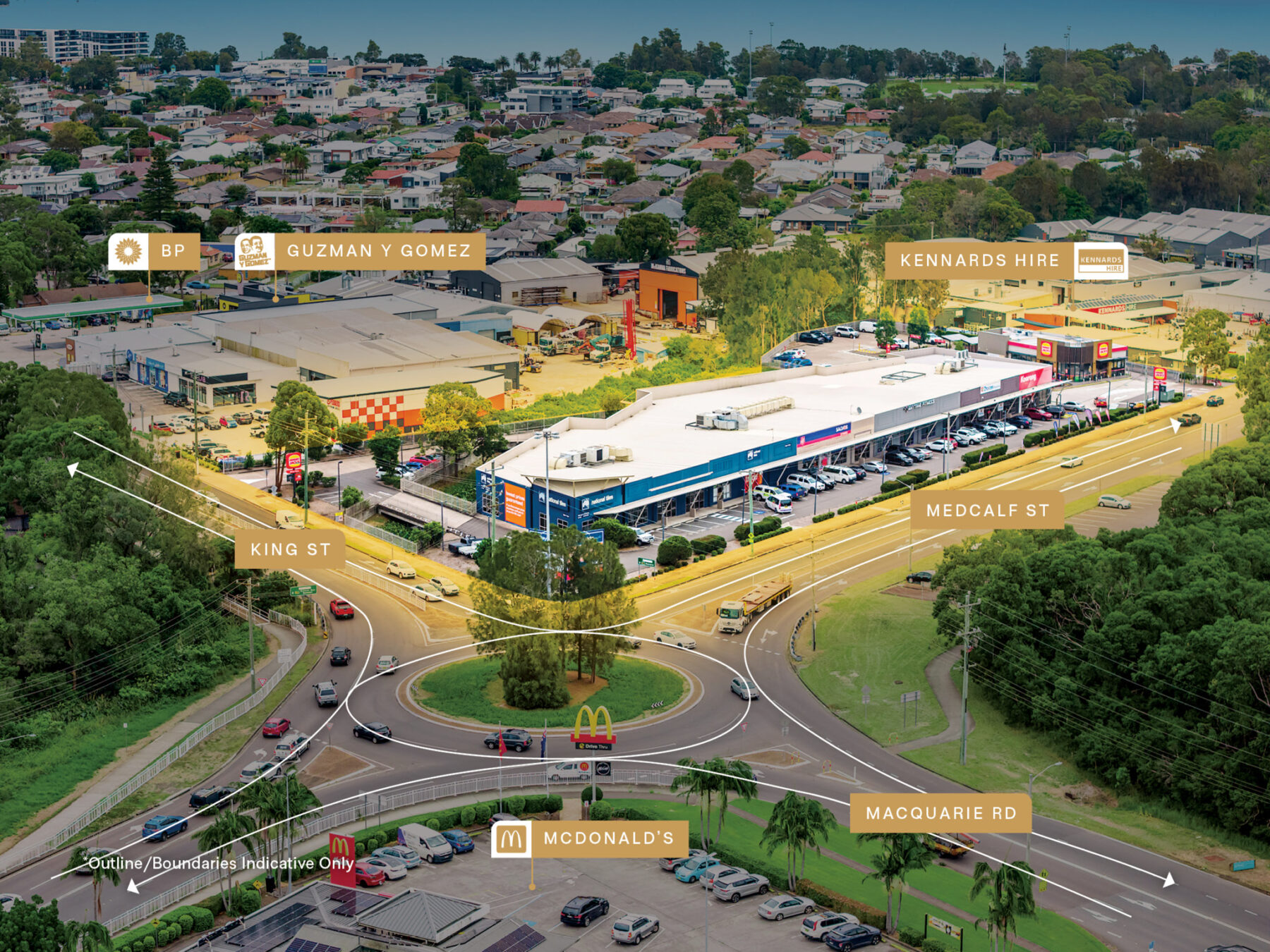In its latest quarterly update to the market, Vicinity CEO Grant Kelly described the fragile environment that its retailers were in with sales still -7% below the FY19 corresponding period and customer traffic still down -23% on same period.
The flow on impacts to Vicinity are a lingering lack of rental collection (up slightly to 82%) and increase in negative leasing spreads (-13.5%)
Mr Grant Kelley, Chief Executive Officer and Managing Director, said: “After a challenging 12 months, we are seeing signs of recovery, with improved centre visitation and retail sales during the quarter. Whilst overall retailer confidence remains fragile, retailers are increasingly committing to new leases versus previous quarters which is encouraging. However, as the recent quarter has demonstrated, risks of further disruptions from snap lockdowns remain, while tourism and the timing of office workers returning to CBD offices is uncertain. We are focused on continuing to navigate the risks and uncertainties whilst managing the business for the long term”.
Supermarket sales continued to be solid, up 1.5% in 3QFY21 relative to 3QFY19. Throughout the height of the COVID-19 pandemic, supermarket and fresh food sales benefited from hyper-local shopping, increased cooking at home and some panic buying as lockdowns became effective. Discount Department Stores sales (+11.7%) continued to outperform Department Stores (-22.4%) during the quarter and combined mini majors and specialty stores reported a -5.7% decrease in sales as discretionary spending remains in recovery.
In the month of March 2021, total portfolio sales neared pre-COVID levels, declining -2.3% relative to March. Importantly, while centre visitation is growing, the rate of retail sales improvement is greater, highlighting that consumers are spending more per visit (average spend increased 23% in March 2021). Strong spend per visit in conjunction with increasing centre visitation may be a positive lead indicator for continued recovery.
Average centre visitation for 3QFY21 was 77% of 3QFY19. Excluding CBDs, where the impact of COVID-19 has been greater, average centre visitation for 3QFY21 was 83% of 3QFY19.
Easing social restrictions, including the removal of mandated masks in Victorian shopping centres, combined with reduced COVID-19 outbreaks and growing consumer confidence, augur well for continued improvement in centre visitation.
Whilst CBD centres may take longer to recover, positive signs are emerging as governments and businesses encourage employees to return to their CBD offices, cultural and sporting events in CBDs resume, interstate travel increases and the travel bubble that opened with New Zealand in April, gains traction. Pleasingly, the trends observed in 3QFY21 appear to be continuing. For the week ended 2 May 2021, average visitation across the total portfolio increased to 82% of pre-COVID levels (or 87% ex-CBDs).
Deal activity during the quarter was solid, with 328 leasing deals completed, resulting in a leasing spread of -13.5%, slightly below the -12.6% spread reported at 1HFY21. Interestingly, for the nine months to 31 March 2021, leasing spreads for the Premium & CBD and DFO assets were -7.2% and +2.9%, respectively, indicating the important role these centres play in retailers’ sales channel mix despite the subdued sales environment.
Short term COVID-19 leasing agreements have primarily been contained to calendar year 2020, although an increase was recorded in the average proportion of leases that were subject to rental waivers across 3QFY21. This was largely a reflection of subdued sales, particularly for SMEs in the Victorian and New South Wales centres.
Average cash collection for 3QFY21 was 82% of gross billings, representing a slight improvement from 80% collected to date for 2QFY21. This represents 85% and 94% of gross billings net of waivers for 3QFY21 and 2QFY21, respectively.
With improved trading conditions and as Vicinity moves towards completion of outstanding COVID-19 support agreements, particularly with SME retailers, an improvement in cash collections is expected in 4QFY213.
In summary, Mr Kelley said, “Today’s announcement shows that signs of recovery are emerging. Federal and State governments continue to contain the virus successfully, and Australians are returning to their favourite retail destinations with capacity to spend. While risks of further disruption remain, Vicinity will continue to adapt and support our retail partners while maintaining our focus on long term value creation.”
Our Views
Vicinity will continue to see pressure on valuations, leasing spreads and capital requirements going forward.
The lack of tourists and workers in the CBDs will gradually improve over the next 5 years, however there is no easy way out of the challenges facing the retail sector which reflect the early stage of the demographic shifts in consumer behaviour.
Vicinity are well aware of this and continue to plan for mixed uses as a way to enhance their assets.
Disclaimer: The information contained on this web site is general in nature and does not take into account your personal situation. You should consider whether the information is appropriate to your needs, and where appropriate, seek professional advice from a financial adviser.



